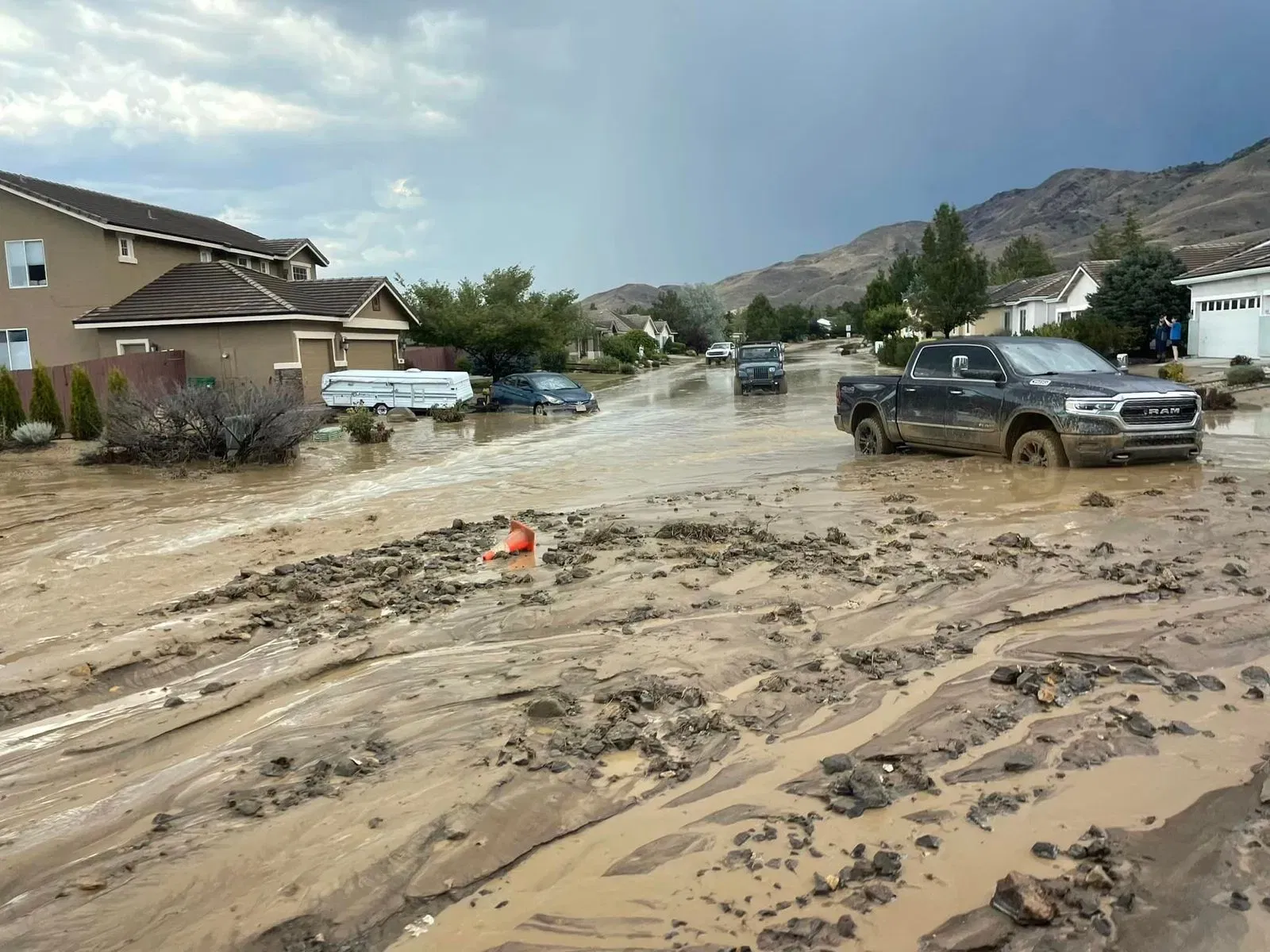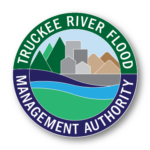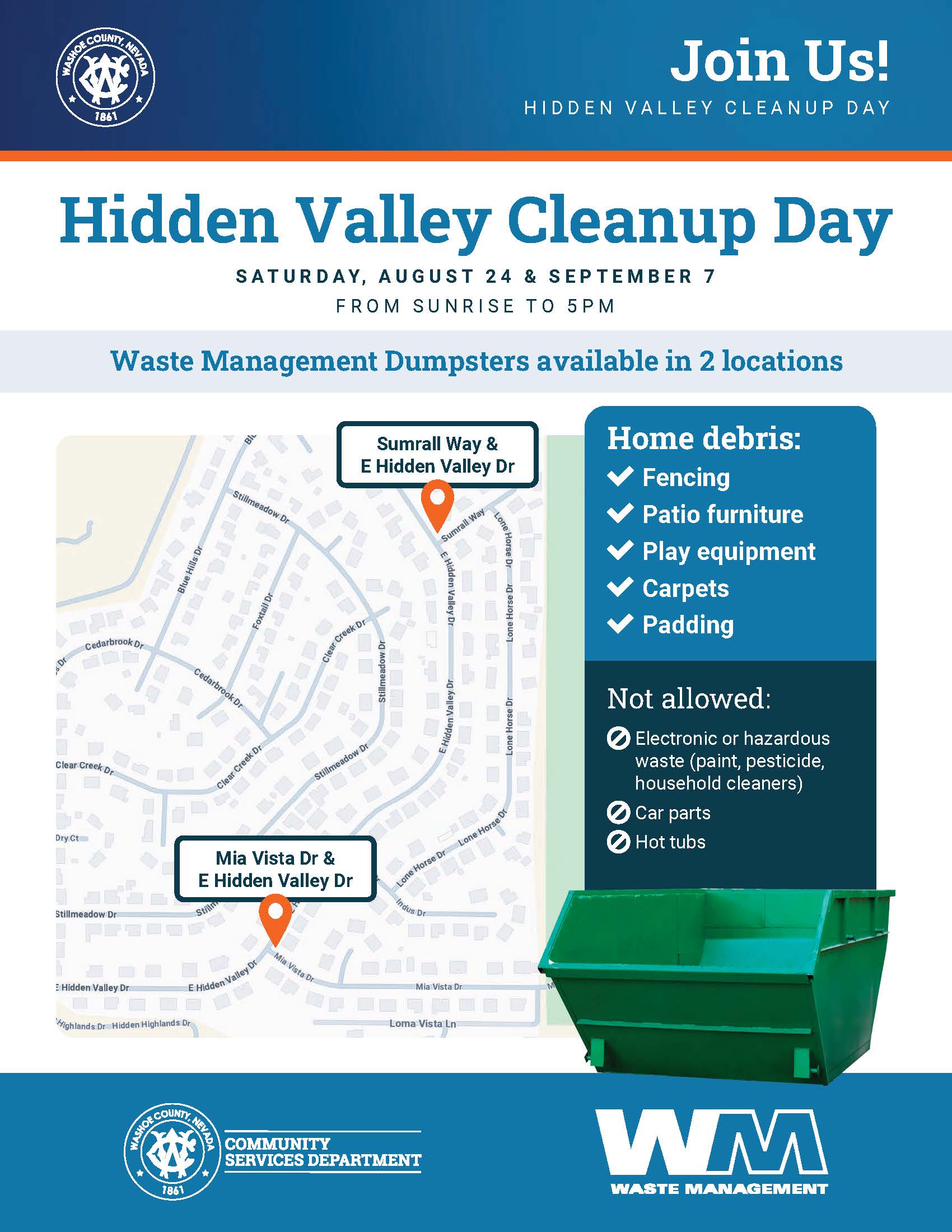Update #2
Understanding a 200-Year Flood

A "100-year flood" and a "200-year flood" don't mean these events happen once every 100 or 200 years. Instead, they refer to the probability of such floods occurring in any given year. A 100-year flood has a 1% chance of happening annually, while a 200-year flood, like the one Hidden Valley recently experienced, has a 0.5% chance each year. These probabilities help estimate flood risks but don’t predict specific events.
These probabilities can be misleading because they suggest that such floods are rare. However, recent climate trends show that these extreme events are occurring more frequently. This increased frequency is likely due to a combination of factors, including climate change, which can lead to more intense rainfall events, and changes in land use, such as urban development, which reduces the ground's ability to absorb water, increasing runoff into rivers and streams.
The recent 200-year flood in Hidden Valley exemplifies these trends, highlighting the importance of understanding these terms and the risks they represent. This event was not just an isolated incident but part of a broader pattern of increasingly frequent and severe weather events. Being aware that multiple such floods can occur within short periods, highlight the importance of preparedness and can help up become more equipped in the future.
For more detailed information, you can refer to the article here and additional resources on flood probabilities and impacts.
Truckee River Flood Management Authority (TRFMA)
At the Hidden Valley Community Meeting, one of the concerns was the perception that there has been a decline in activity and effectiveness of the Truckee River Flood Management Authority (TRFMA), a decrease in regular meetings, and lack of community engagement.
The Role of TRFMA in Flood Management
The Truckee River Flood Management Authority (TRFMA) is a joint effort among the cities of Reno and Sparks, Washoe County, and various other stakeholders. Its primary mission is to reduce the devastating impacts of flooding along the Truckee River in Washoe County. TRFMA is actively building infrastructure, managing the floodplain, and working to safeguard public health while creating a more resilient community. Their efforts include preserving open space, restoring ecosystems, and enhancing recreational opportunities along the Truckee River.
For residents of Hidden Valley and Rosewood Lakes, portions of which lie within the Truckee River floodplain, TRFMA provides valuable resources such as flood awareness materials, advice on flood proofing, and information on flood insurance. Additionally, TRFMA, in cooperation with FEMA, offers a home elevation program aimed at alleviating the impacts of flooding in these areas.
However, it’s important to note that TRFMA's legal mandate, established by the state legislature, focuses specifically on the Truckee River and its floodplain. As a result, TRFMA does not participate in flood mitigation efforts outside this area, such as in Lemmon Valley or other regions affected by flash floods or non-Truckee River watersheds. For residents living near the Truckee River or within its floodplain, TRFMA encourages direct contact with their staff to better understand the risks and explore available resources.
Staying Informed and Engaged
For those interested in staying informed and involved, here is a grid outlining the meeting schedules of the TRFMA’s key bodies:
| TRFMA Body | Meeting Schedule | Roles & Responsibilities |
|---|---|---|
| Board of Directors | Monthly on the 2nd Friday | Oversees the overall management and strategic direction of TRFMA. |
| Technical Advisory Committee (TAC) | Monthly on the last Friday | Comprised of appointees from local entities, focuses on technical aspects of flood management. |
| Community Working Group | Monthly on the last Wednesday | Provides a forum for public stakeholders to share ideas and concerns about the Flood Project. |
The Board of Directors, with representatives including Commissioner Andriola from District 4, where much of the recent flooding occurred, plays a vital role in guiding TRFMA’s efforts. The Technical Advisory Committee (TAC) consists of members from the City of Reno, City of Sparks, Washoe County, and other entities, focusing on the technical aspects of flood management. The Community Working Group allows for broader public input, ensuring that residents, businesses, and other stakeholders have a voice in the process.
For more information on TRFMA and its efforts, residents can visit TRFMA.org and stay informed about ongoing flood management initiatives in Washoe County.
Moving Forward
As Hidden Valley continues to address the aftermath of recent floods, it’s essential for local authorities and residents to work together to enhance flood preparedness and resilience. This includes addressing unresolved issues, such as development on condemned lots, and ensuring that flood management strategies are comprehensive and effective. By leveraging the resources and expertise provided by TRFMA and other agencies, the community can better protect itself from future flood risks.
Don't Forget
You have another opportunity to dispose of household debris. Locations and times remain the same. Please see flyer below for details:

- Excess waste can be placed in 32-gallon bag at the curb with one of the 25 stickers received annually for excess Waste Management collection.
- Washoe County residential customers, current with their bill, also may dispose of one standard pick-up truckload of waste (3 cubic yards or 4 tires) four times per year at no additional cost at one of the three locations listed on Waste Management's website. Present current bill or ID matching the account address.
- Individuals that wish to enlist private contractors are recommended to reach out to the following Nevada Associated General Contractors members listed on the Washoe Regional Emergency Information Center webpage.
